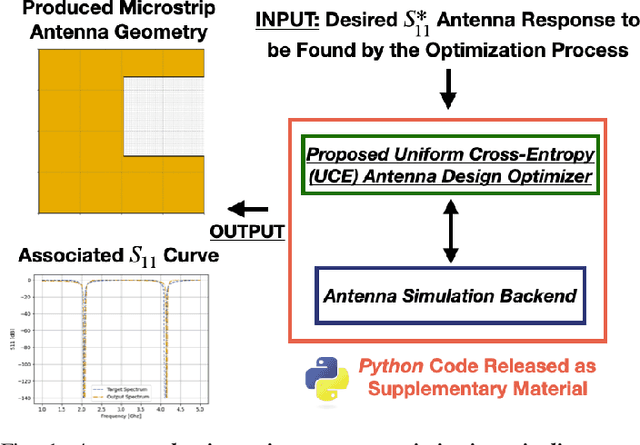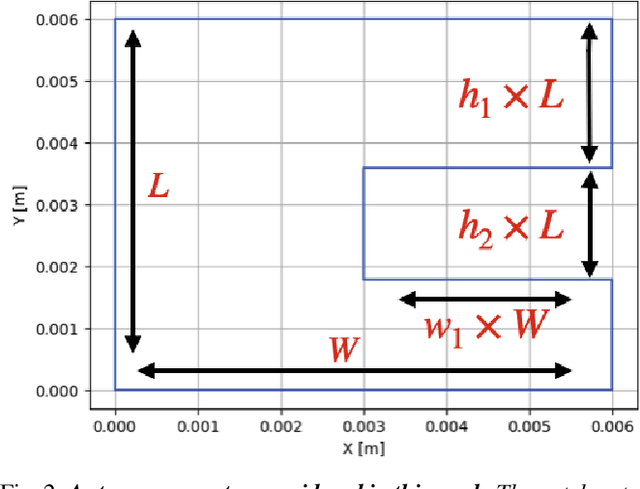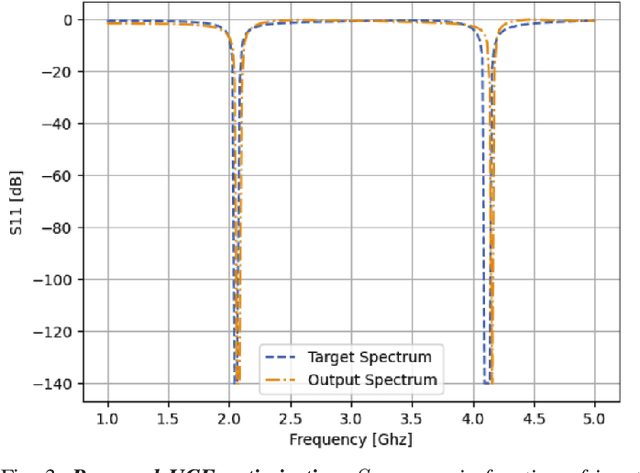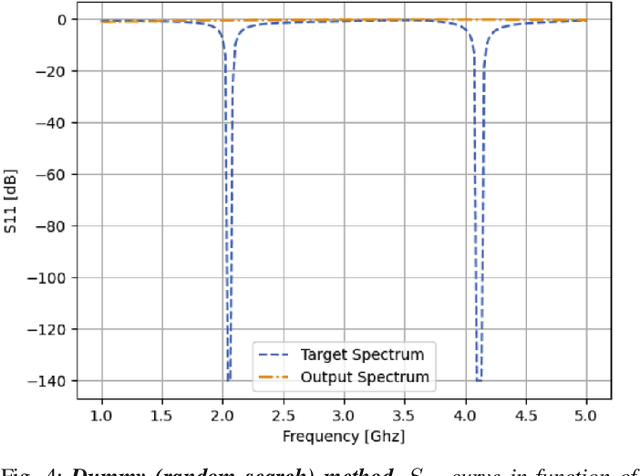Ali Al-Zawqari
Benchmarking Online Object Trackers for Underwater Robot Position Locking Applications
Feb 23, 2025



Abstract:Autonomously controlling the position of Remotely Operated underwater Vehicles (ROVs) is of crucial importance for a wide range of underwater engineering applications, such as in the inspection and maintenance of underwater industrial structures. Consequently, studying vision-based underwater robot navigation and control has recently gained increasing attention to counter the numerous challenges faced in underwater conditions, such as lighting variability, turbidity, camera image distortions (due to bubbles), and ROV positional disturbances (due to underwater currents). In this paper, we propose (to the best of our knowledge) a first rigorous unified benchmarking of more than seven Machine Learning (ML)-based one-shot object tracking algorithms for vision-based position locking of ROV platforms. We propose a position-locking system that processes images of an object of interest in front of which the ROV must be kept stable. Then, our proposed system uses the output result of different object tracking algorithms to automatically correct the position of the ROV against external disturbances. We conducted numerous real-world experiments using a BlueROV2 platform within an indoor pool and provided clear demonstrations of the strengths and weaknesses of each tracking approach. Finally, to help alleviate the scarcity of underwater ROV data, we release our acquired data base as open-source with the hope of benefiting future research.
Co-Design of a Robot Controller Board and Indoor Positioning System for IoT-Enabled Applications
Jan 02, 2025



Abstract:This paper describes the development of a cost-effective yet precise indoor robot navigation system composed of a custom robot controller board and an indoor positioning system. First, the proposed robot controller board has been specially designed for emerging IoT-based robot applications and is capable of driving two 6-Amp motor channels. The controller board also embeds an on-board micro-controller with WIFI connectivity, enabling robot-to-server communications for IoT applications. Then, working together with the robot controller board, the proposed positioning system detects the robot's location using a down-looking webcam and uses the robot's position on the webcam images to estimate the real-world position of the robot in the environment. The positioning system can then send commands via WIFI to the robot in order to steer it to any arbitrary location in the environment. Our experiments show that the proposed system reaches a navigation error smaller or equal to 0.125 meters while being more than two orders of magnitude more cost-effective compared to off-the-shelve motion capture (MOCAP) positioning systems.
Automating the Design of Multi-band Microstrip Antennas via Uniform Cross-Entropy Optimizatio
Oct 03, 2024



Abstract:Automating the design of microstrip antennas has been an active area of research for the past decade. By leveraging machine learning techniques such as Genetic Algorithms (GAs) or, more recently, Deep Neural Networks (DNNs), a number of work have demonstrated the possibility of producing non-trivial antenna geometries that can be efficient in terms of area utilization or be used in complex multi-frequency-band scenarios. However, both GAs and DNNs are notoriously compute-expensive, often requiring hour-long run times in order to produce new antenna geometries. In this paper, we propose to explore the novel use of Cross-Entropy optimization as a Monte-Carlo sampling technique for optimizing the geometry of patch antennas given a target $S_{11}$ scattering parameter curve that a user wants to obtain. We compare our proposed Uniform Cross-Entropy (UCE) method against other popular Monte-Carlo optimization techniques such as Gaussian Processes, Forest optimization and baseline random search approaches. We demonstrate that the proposed UCE technique outperforms the competing methods while still having a reasonable compute complexity, taking around 16 minutes to converge. Finally, our code is released as open-source with the hope of being useful to future research.
 Add to Chrome
Add to Chrome Add to Firefox
Add to Firefox Add to Edge
Add to Edge